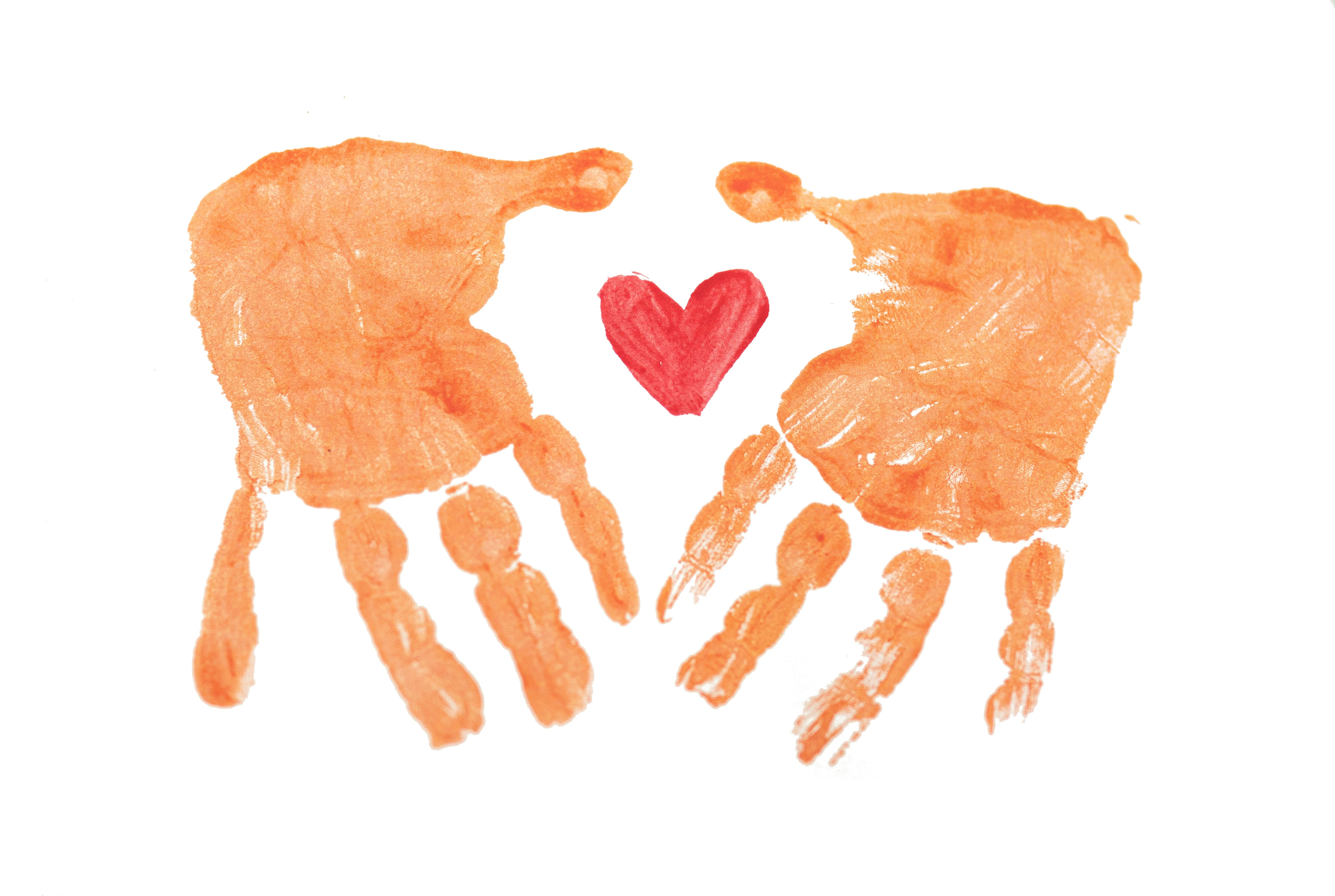When Jackie began caring for her husband with Alzheimer's disease, she probably never imagined she was stepping into her own cognitive danger zone.
What is the startling reality facing dementia caregivers today?
Jackie's story exemplifies a shocking truth: dementia caregivers are six times more likely to develop dementia themselves.15,16,23 America's 11.9 million dementia caregivers unknowingly join a population in cognitive peril,2 transforming caregiving from an act of love into a potential pathway toward the very condition they're fighting against in their loved ones.
How prevalent are dementia risk factors among caregivers?
Research reveals that nearly 60% of dementia caregivers have at least one modifiable risk factor that could increase their own chances of developing dementia,3,27 compared to 56% in the general population. More alarming, 24.3% of caregivers report having multiple risk factors for cognitive decline.3,27

What specific health disparities do caregivers face?
Compared to the general population, dementia caregivers experience significantly higher rates of health problems:
- 30% more likely to smoke3,27
- 27% more likely to have hypertension3,27
- 21% more likely to experience poor sleep3,27
- 12% more likely to have diabetes3,27
- 8% more likely to be obese3,27
The only positive difference: caregivers are 9% less likely to report physical inactivity.3,27
When does cognitive decline actually begin in relation to dementia diagnosis?
The timing is deeply troubling. Cognitive decline can begin up to 20 years before the diagnosis of mild cognitive impairment (MCI),4,6 with brain changes detectable up to 20 years before Alzheimer's symptoms arise.5 This means a 65-year-old caregiver showing early symptoms could begin experiencing brain changes while actively caring for someone else.

Which caregivers face the highest risk?
Younger caregivers under 45 are the most vulnerable population, showing:
- 40% more likely to have multiple risk factors than their age-matched peers3,27
- 86% more likely to smoke3,27
- 46% more likely to have hypertension3,27
- 29% more likely to get less than six hours of sleep per night3,27
This demographic faces the greatest threat because they're accumulating risk factors during what should be their prime cognitive reserve-building years.
How severe is the sleep crisis among caregivers?
Sleep deprivation represents a particular crisis, with 94% of dementia caregivers reporting being sleep-deprived.8 Among these poor sleepers:
- 84% had difficulty falling asleep8
- 72% reported difficulty maintaining sleep8
- Stress was the most significant predictor of overall sleep quality8
Caregivers average significantly less total sleep time (6.70 hours) than non-caregiving adults (7.14 hours), losing 2.42 to 3.50 hours of sleep each week.7
What are the economic implications of this crisis?
The financial burden is staggering. The total cost of dementia in the United States is $781 billion in 2025,2,10,13 projected to increase to nearly $1 trillion by 2050. Globally, direct and indirect costs are projected to increase from $1.33 trillion in 2020 to $9.12 trillion by 2050.14
For individual families, the total lifetime cost of care for a person living with dementia is estimated at $405,262, with 70% of these costs borne by family caregivers.13

How does caregiving create an intergenerational threat?
The research reveals a devastating "cascade effect" across generations. Male spouses caring for partners with dementia face an almost 12-fold increased risk, compared to a four-fold increase in women.15,29 As today's caregivers develop their own cognitive impairment, their adult children may become the next generation of at-risk caregivers, perpetuating the cycle indefinitely.
Has the healthcare system adequately responded to this crisis?
The response has been woefully inadequate. Only 26% of WHO member countries had developed national dementia plans by 2024,16 falling far short of the 75% target set for 2025. Healthcare providers rarely screen caregivers for cognitive risk factors, and public health initiatives largely ignore this high-risk population, creating a massive blind spot in cognitive wellness approaches.
What hope exists for intervention and prevention?
Emerging research offers genuine hope. Dr. Ryuta Kawashima's studies demonstrate that simple cognitive exercises like reading aloud and basic arithmetic can stimulate the prefrontal cortex and reverse some effects of brain aging.17 His research showed that elderly patients with Alzheimer's who performed reading and arithmetic exercises regularly over six months showed significant improvements, while control groups showed decline.18
Even more encouraging, cognitive training with neurofeedback improved cognitive functions in young adults,19 demonstrating that the brain retains capacity to change in response to experience until late adulthood.20

What can caregivers do to protect themselves?
The message is urgent but hopeful: caregiver risk is real, but it's also modifiable. Simple interventions can dramatically alter cognitive trajectory:
- Prioritizing sleep to address the 94% sleep deprivation rate8
- Managing blood pressure and other cardiovascular risk factors3,9
- Engaging in regular cognitive exercises like reading aloud and arithmetic17,18
- Seeking support for stress management to reduce cortisol levels7,28
- Maintaining physical activity and proper nutrition3
What systemic changes are needed?
The science exists to protect America's caregiving heroes from becoming tomorrow's dementia patients. What's needed is:
- Systematic screening and intervention programs targeting caregivers before they develop symptoms
- Healthcare policies that recognize caregivers as a high-risk population27
- Community support systems that help caregivers maintain their own health
- Public health initiatives specifically designed for caregiver wellness

More than one-third of dementia caregivers say their health has gotten worse due to their care responsibilities,3,27 while more than a quarter delay or avoid things they should do to maintain their health.3,27 The choice is clear: continue on the current path toward a caregiving crisis that perpetuates cognitive decline across generations, or embrace evidence-based prevention strategies that can preserve cognitive wellness for millions.
The collective will to implement these strategies is what stands between millions of caregivers and their cognitive future. Their future need not mirror the condition they're so lovingly fighting against in others.
1 Alzheimer's Caregivers Six Times More Likely to Develop Dementia - AgingCare.com
2 2025 Alzheimer's Disease Facts and Figures - Alzheimer's Association
3 Dementia Caregivers Report Modifiable Risk Factors - Alzheimer's Association
4 Neuropsychological decline up to 20 years before incident mild cognitive impairment - PMC
5 Brain Changes Detected 20 Years Before Alzheimer's Symptoms - AlzInfo.org
6 Neuropsychological decline up to 20 years before incident mild cognitive impairment - PMC
7 The physiological and psychological effects of caring for patients with dementia - PMC
8 94% of Dementia Caregivers Are Sleep-Deprived - Being Patient
9 Sleep Disturbances in Dementia Caregivers - Frontiers in Aging Neuroscience
10 The Cost of Dementia in 2025 - USC Schaeffer Center
11 Risk and Future Burden of Dementia in the United States - NIH
12 Global Prevalence of Dementia - Alzheimer's Association International Conference
13 2025 Alzheimer's Disease Facts and Figures - Alzheimer's Association
14 Global economic burden of dementia - Nature Aging
15 Spouses who care for partners with dementia at sixfold higher risk - Science Daily
16 WHO Global Status Report on Dementia - PDF
17 Dr. Kawashima's Cognitive Training Research - Tohoku University
18 Effects of cognitive training in patients with Alzheimer's disease - PMC
19 Cognitive training with neurofeedback in young adults - PMC
20 Brain plasticity and learning capacity - Wiley Online Library
21 Dementia Caregivers Themselves At Higher Risk For Brain Aging - US News
22 Dementia Caregivers Have Modifiable Risk Factors - Neurology Advisor
23 The Hidden Risk Dementia Caregivers Face - Thinkie System Blog
24 Dementia Caregivers Have Risk Factors - Medical Xpress
25 Dementia Caregivers Risk Factors - Drugs.com
26 If Spouse Has Dementia, Your Risk Increases - AALTCI
27 Risk Factor Analysis - Alzheimer's Association PDF Report
28 Caregiver Stress and Health Outcomes - PMC
29 Increased Risk of Dementia When Spouse Has Dementia - PMC